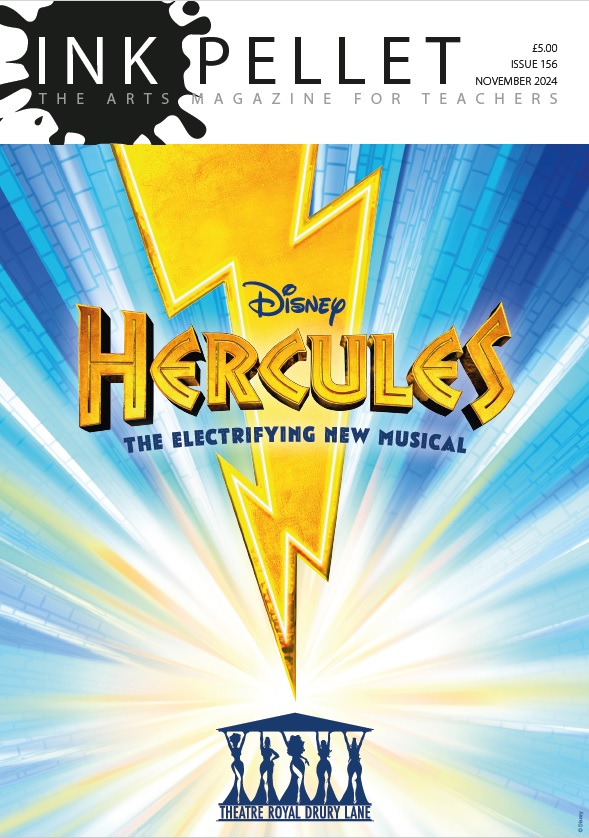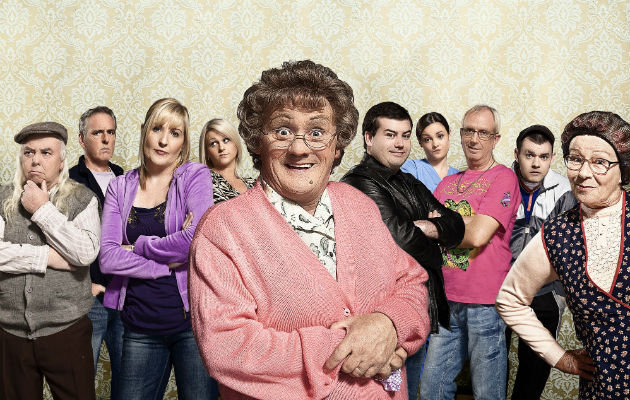What a lot we have to look forward to in the new GCSE English Language and Literature papers that were announced in the autumn from Michael Gove’s office. Our education minister emphasises the two ‘Rs’ – rigorous and robust. Well to you teachers of English: good luck! With 20 per cent of marks in papers allocated to spelling, punctuation and grammar, it will be a case of tin hat and flak jacket to the rescue.
I have just completed a series of literacy workshops in primary schools aimed to tackle some of the problems children face in writing. Thanks to a concerted focus over the past few years, there are now many strategies in place to encourage reading – one school had a fantastic programme called DEAR time (Drop Everything And Read) which included reading across age groups – and form time is a great time for the odd look at a book.
It never fails to astonish me what teachers have to get through in Key Stage 2 – and if it fails there, we all know who cops it. Yes, you, dear English teachers at secondary schools.
One of the more interesting outcomes of the workshops was the discussion about why we found writing difficult. The children’s responses were a revelation. They listed such problems as: ‘mind goes blank, forget punctuation, words sound the same but spelt differently; how do I join up ideas?; not enough time; worried I won’t write enough; get distracted; worried about making sense; hands ache; forgetting the rules…’ It’s hell! And that’s before you start introducing SPaG and all the other acronyms that are supposed to make writing simpler. Then there are the different types of writing – narrative, descriptive, dialogue, persuasive, journalistic etc.
The children are well-versed in what makes good writing but getting them to write fluently is a different matter altogether.
As we all know, all this jazz around writing can be helped by regular reading. Of anything. From Shakespeare to Dickens, from Jacqueline Wilson to Michael Morpurgo and from the sports pages of The Mirror newspaper to the gossip columns of Heat magazine.
There is a missing link: and I wonder if it is that children fail to see the point, or purpose, of either reading or writing. There is a celebration of the ignorant, making a fast buck and news being boring. It is uncool to be well-informed and interesting. And here’s my beef, which centres on the death of Nelson Mandela.
Firstly, a friend’s 12-year-old daughter said she had never heard of him (due to her family’s lack of interest in the news, and a poor primary history curriculum..?).
Secondly, scouring the news sites at the time of his death, the BBC received hundreds of complaints because it decided to cut into a repeat of the comedy Mrs Brown’s Boys to announce Mandela’s death.
Of course, this treacherous act was bemoaned by scores of people on twitter – how can one get so much wrong in 140 characters? Here are three examples of communication at its errr…finest:
From ‘@Bex’: ‘watching mrs browns boys and then its interrupted to say nelson mandela has died and my mums annoyed bc the news is on at 10
From ‘@:cheeseboy87’ My lass not happy bbc have cut mrs Brown’s boys to show the statement about mandela dying
From @CalumEnnis: my nana’s stongest opinion of mandela’s death was that coverage shouldn’t have replaced the xmas special of mrs brown’s boys #priorities
Any fan of the magazine Private Eye might think these comments are straight out of the column ‘From the message boards’. Sadly, they are not: a case of truth being stranger than fiction.
I am partial to a bit of twitter myself, but, like my texts, tweets are spelt correctly. Last year a temporary stint working with Media students at a university opened my eyes to the terrible lack of fluency in some first year undergraduates. They were terrified of speaking to anyone on the telephone, and their command of the English language was poor with simplistic sentence structure; bad spelling…and don’t get me started on the inability to put an apostrophe in the right place. So good luck with the old rigour and robustness.
Teachers, I take my hat off to you. Hashtag Happy New Year as they say on twitter.



